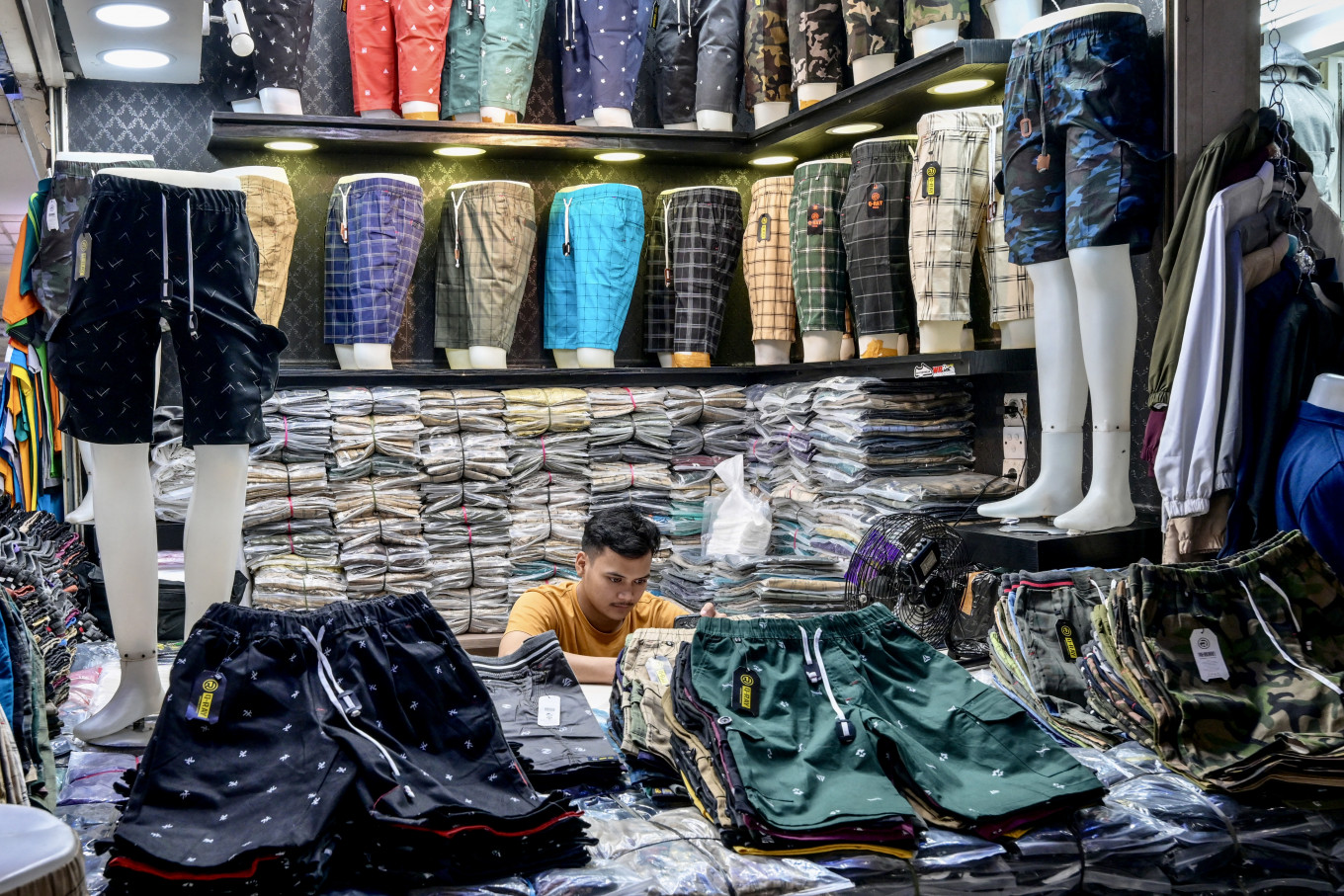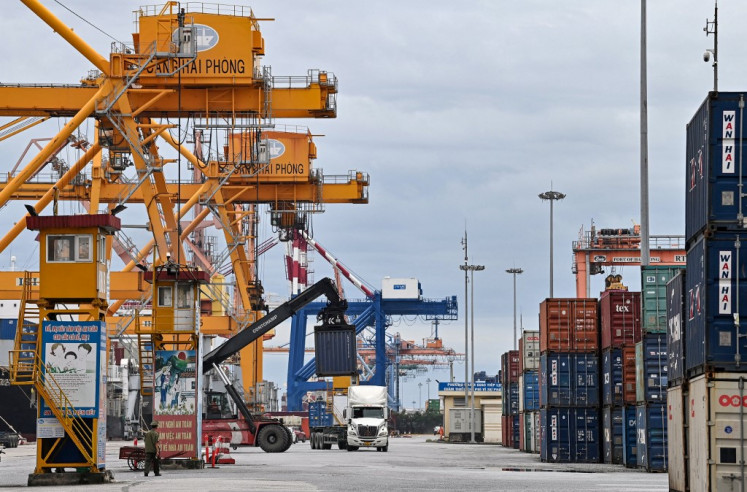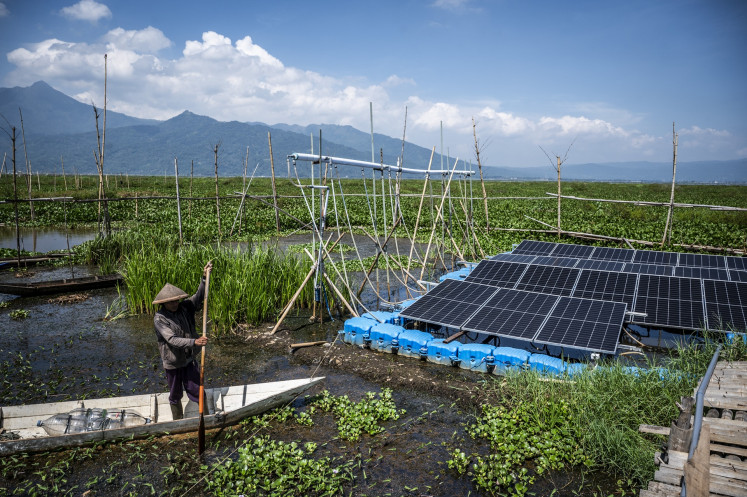Popular Reads
Top Results
Can't find what you're looking for?
View all search resultsPopular Reads
Top Results
Can't find what you're looking for?
View all search resultsAre we in a crisis?
What we have now is a grim new reality, whether one attributes that to domestic politics, the global economy or changing technology. Unlike the pandemic, there is no end in sight.
Change text size
Gift Premium Articles
to Anyone
I
f one reads headlines over the past couple of weeks and months, it may sound like a full-blown economic crisis is upon us, not unlike that caused by the COVID-19 pandemic a few years ago.
Consumer spending is the biggest problem now, newspaper articles and TV broadcasts suggest, the common phrase being “waning purchasing power”.
Business associations, in knee-jerk fashion, have called for state support, be it by lifting demand or reducing the tax burden, with retail industry representatives going as far as to urge the government to hand out shopping vouchers to boost household spending.
The discussion is reminiscent of what we had in 2020, when the government embarked on a host of wide-ranging measures to keep economic activity going despite strict mobility restrictions aimed at curbing the spread of the coronavirus.
Are we in a similar crisis today?
Clearly, the situation is a completely different one, because nothing prevents us from producing and consuming products and services in the way the emergency rules did back then.
As for consumers' ability or propensity to spend, this is not easy to assess.
Despite the term “purchasing power” being thrown around a lot in Indonesian corporate and social media, what most people are referring to is spending power.
Changes in spending power are subject to a range of factors, with income growth and inflation among the key indicators.
While Jakarta’s minimum wage rose by just 6.5 percent this year, a modest amount by Indonesian standards, the increase still handily beats the currently low inflation rate.
Of course, we have less insight into the country’s large informal sector, where many may not have seen their wages grow as much. Furthermore, a wage hike is of no help at all to the tens of thousands who have lost their jobs recently.
It would be foolish to dismiss wholesale the notion of a spending power crisis, but we also must not simply repeat popular narratives that are not backed up by proper data.
Indonesians are increasingly aware of the need to lay aside money for a rainy day, and more and more of them invest in stocks or other assets, so reduced consumer spending is not always the result of financial stress. In some cases, at least, it is a deliberate choice to spend less and save more.
Also, the latest GDP report showed that household expenditure rose in line with overall economic growth. What dragged down the year-on-year GDP figure in the first quarter was government spending and corporate investment, not consumer spending.
Yet, so powerful is the idea of a consumer spending crisis that the government has finally relented.
Coordinating Economic Minister Airlangga Hartarto announced on Saturday that economic stimulus measures would be announced on June 5, “to encourage growth by increasing consumption.”
The planned efforts include discounted electricity bills for tens of millions, food handouts and cash transfers for low-income households, subsidized fares for air, rail and sea transportation as well as discounts on highway tolls during the school holidays.
However, would a state-sponsored shopping spree really help? And can we afford it at a time when our state budget is strained and global investors are growing nervous about government debt?
A short-term consumer stimulus package to lift economic sentiment is like a stressed employee turning to some credit card–funded retail therapy to forget about job insecurity for an afternoon, a temporary relief, not a solution.
COVID-19 was a temporary crisis that required temporary stimulus. What we have now is the grim new reality, whether one attributes that to domestic politics, the global economy or changing technology. Unlike the pandemic, there is no end in sight.
Propping up demand for a month or two does not address the underlying supply-side problems in our economy. What does is investment in industrial production and infrastructure to make our exports more competitive and reduce imports.
As a side effect, this would also alleviate consumers’ fears about the job market, and that might just get them to spend a little bit more again.











